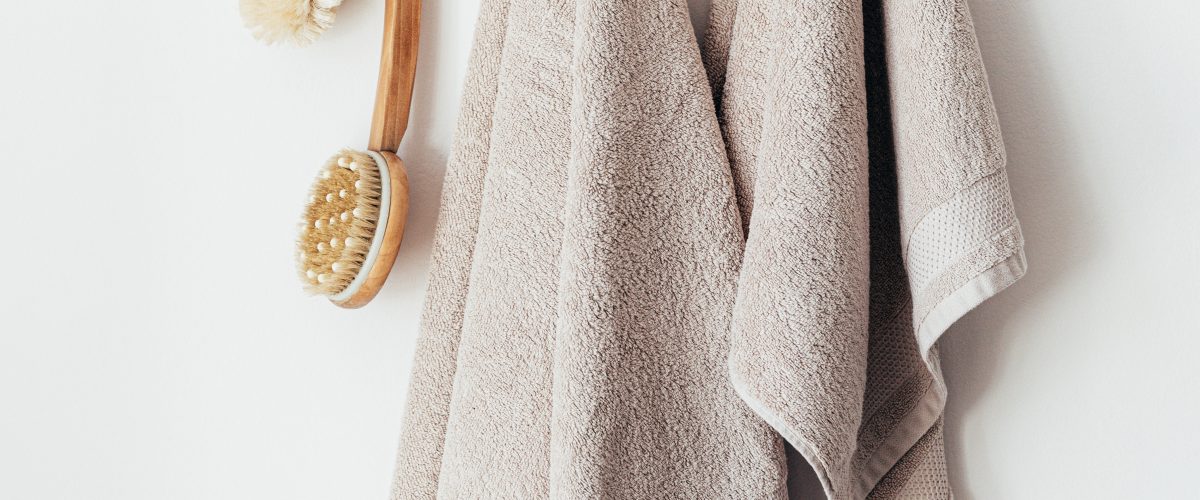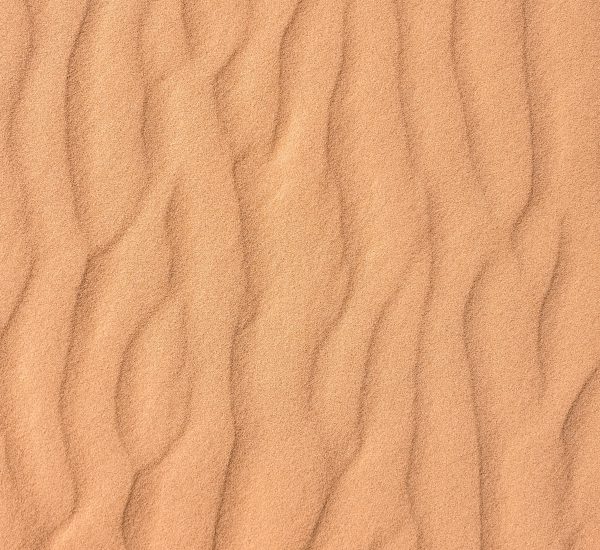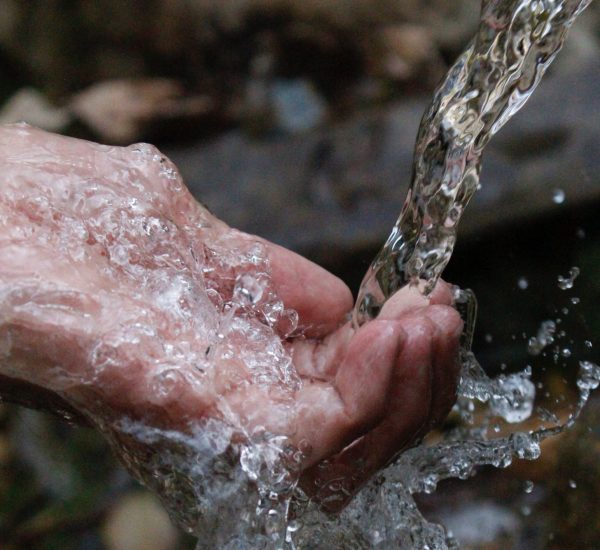What is Ghusul?
Ghusl is the washing of the whole body in a particular way, with the intention of getting closer to Allah (swt) by fulfilling his command. Ghusl is a major ablution as opposed to Wudhu which is a minor ablution.
Ghusul in the Holy Quran
يَا أَيُّهَا الَّذِينَ آمَنُوا لَا تَقْرَبُوا الصَّلَاةَ وَأَنتُمْ سُكَارَىٰ حَتَّىٰ تَعْلَمُوا مَا تَقُولُونَ وَلَا جُنُبًا إِلَّا عَابِرِي سَبِيلٍ حَتَّىٰ تَغْتَسِلُوا ۚ وَإِن كُنتُم مَّرْضَىٰ أَوْ عَلَىٰ سَفَرٍ أَوْ جَاءَ أَحَدٌ مِّنكُم مِّنَ الْغَائِطِ أَوْ لَامَسْتُمُ النِّسَاءَ فَلَمْ تَجِدُوا مَاءً فَتَيَمَّمُوا صَعِيدًا طَيِّبًا فَامْسَحُوا بِوُجُوهِكُمْ وَأَيْدِيكُمْ ۗ إِنَّ اللَّهَ كَانَ عَفُوًّا غَفُورًا
O you who have faith! Do not approach prayer when you are intoxicated, [not] until you know what you are saying, nor [enter mosques] in the state of ritual impurity until you have washed yourselves, except while passing through. But if you are sick or on a journey, or any of you has come from the toilet, or you have touched women, and you cannot find water, then make your ablution on clean ground and wipe a part of your faces and your hands. Indeed Allah is all-excusing, all-forgiving. (4:43)
Types of Ghusul
A Ghusul can be wajib or mustahab.
Wajib Ghusuls:
- Ghusl e Janabah: Ghusul after sexual intercourse, or after discharge of semen.
- Ghusls that pertain to the bleeding of women:
– Ghusul e Haidh: Menstruation
– Ghusul e Istehadha: Bleeding other than the time of Haidh
– Ghusul e Nifas: Bleeding after delivering a baby - Ghusls pertaining to the handling of a dead body:
– Ghusul e Mayyit: A dead Muslim has to be ritually washed before burial. It is wajib upon everyone to give the dead body a bath until someone does so.
– Ghusul e Mas e Mayyit: Someone who touches a dead body after it has started to become cold, and before the body could be given a Ghusul e Mayyit, must perform Ghusul e Mas e Mayyit (the ghusul of touching the dead body)
Mustahab Ghusuls:
There are many Ghusul’s that are mustahab and most of the time they are related to special occasions. For example, it is recommended to perform ghusul on Fridays, or on the days of Eid.
How to perform Ghusul
All types of ghusuls whether wajib or mustahab, can be performed in the same way. The only difference would be the intention, as in you should know which ghusul you are performing. You may perform a single ghusul with the intention of multiple ghusuls (for example, performing a ghusul for after your period and for the day of friday at the same time)
There are two methods to performing ghusul:
- Tartibi (in ordered stages): Washing of the head, the right side then the left side.Step 1: Remove all impurities from your body; i.e. Wash your hair and body thoroughly (Remove make up, nail polish, oils, paint, marks from pens/markers beforehand)
Step 2: Make the intention (you should know what ghusul you are performing)
Step 3: Wash your head and your neck (don’t forget your ears)
Step 4: Wash the right side of your body (shoulder, back, stomach, legs, around your private area, under your feet, etc., and try to overlap a bit of the left side.)
Step 5: Wash the left side of your body (shoulder, back, stomach, legs, around your private area, under your feet, etc., and try to overlap a bit of the right side.)
Condition: When using the Tartibi method, the steps should be performed in tartib (order). This means that the head and neck must always be washed first, then the right side and then left side. This order cannot be changed. - Irtimasi (at once): Washing of the whole body at once by immersion of the whole body in water.Step 1: Remove all impurities from your body; i.e. Wash your hair and body thoroughly (Remove make up, nail polish, oils, paint, marks from pens/markers beforehand)
Step 2: Make the intention (you should know what ghusul you are performing)
Step 3: Immerse the whole body in water making sure that water reaches all parts of your body.
Conditions
- The water must be mutlaq (unmixed, pure), be tahir (ritually clean), mubah (lawful).
- Use of water should not be harmful to the person who wants to perform ghusl. If so, one should perform Tayammum.
- Niyyat (intention) should be of Qurbat an ilallah (to get closer to Allah (swt)), although you do not need to say the words out loud. Knowing what you are doing is enough.
- Place where Ghusl is performed must be Mubah (ie. You should have permission to perform ghusul there)
- Your ghusul must be performed without help (No one should be helping you pour water on your self)
- All obstructions must be removed (for example, nail polish, socks)
This article contains a summary from “The Ritual and Spiritual Purity” by Sayyid Muhammad Rizvi. Click to read more: https://www.al-islam.org/ritual-and-spiritual-purity-sayyid-muhammad-rizvi/iii-ghusl
FAQs
If I washed my head and neck and then stepped out of the shower to do something, must I start my ghusul again?
The steps of ghusul e tartibi must be performed in order, however there is no condition that states that they must be performed right away (such as in wudhu). Therefore, you may continue your ghusul from the next step once you return to the shower (unless you were not done washing your head and neck in the first place).




